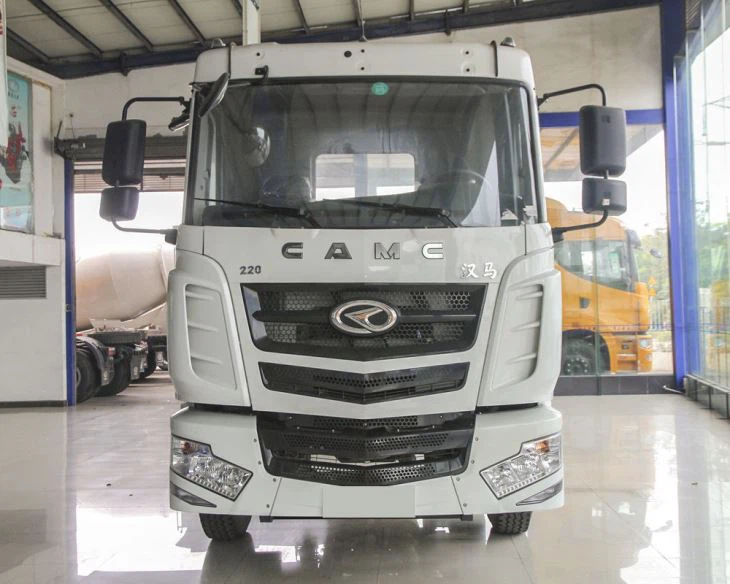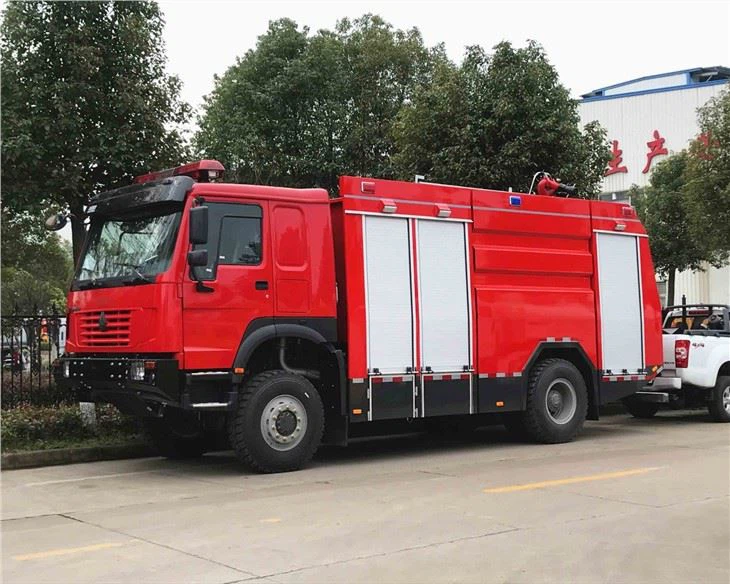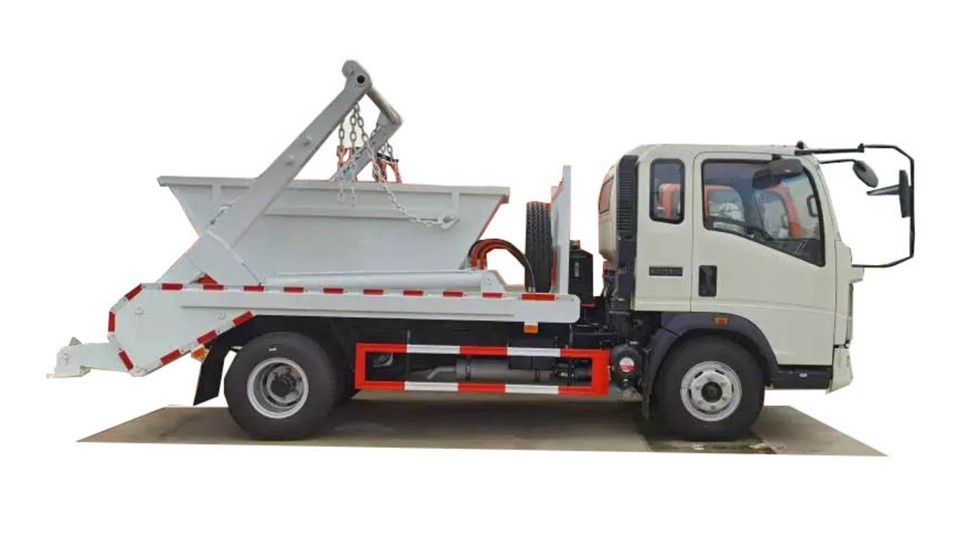Lorry Tipper: The Ultimate Guide to Understanding and Using Tipper Trucks

Introduction
A lorry tipper, commonly known as a tipper truck, is a type of vehicle specifically designed for transporting loose materials. These versatile trucks are used extensively in construction, demolition, mining, and agricultural industries. Their main feature is a hydraulically operated bed that tilts to dump its load, providing an efficient way to unload materials such as gravel, sand, and soil. In this comprehensive guide, we will explore the various aspects of lorry tippers, including their types, features, applications, purchasing tips, and maintenance practices.
Understanding Lorry Tippers
What is a Lorry Tipper?
A lorry tipper is a specialized truck that is equipped with a cargo bed that can be raised at the front or back to allow for the unloading of materials. The tipping mechanism is usually powered by hydraulic systems. This unique design allows for efficient offloading, making lorry tippers indispensable in multiple industries.
Types of Lorry Tippers
Lorry tippers come in various shapes and sizes, each tailored for different functions. Here are the common types:
1. Standard Tipper
The most common type, featuring a rectangular body that allows for the straightforward unloading of bulk materials.
2. Side Tipper
This type operates by tilting its body to either side, ideal for unloading into tight spaces, such as landfill sites.
3. Rear Tipper
Rear tippers are designed for unloading at the back, suitable for larger construction sites where space is available.
4. Articulated Tipper
This is a combination of a tractor unit and semi-trailer, offering higher payload capacities, making it suitable for heavy-duty applications.
5. Mini Tipper
Compact and agile, mini tippers are excellent for smaller projects and tight locations where larger vehicles cannot access.
Key Features of Lorry Tippers
Hydraulic Systems
The heart of a lorry tipper’s functionality lies in its hydraulic systems, which provide the power to tilt the cargo bed. Understanding hydraulic components is essential for efficient operation.
Load Capacity
Lorry tippers are available in various load capacities, ranging from small vehicles capable of carrying a few tons to heavy-duty models that can transport over 30 tons. Choosing the right capacity is crucial for operational efficiency.
Body Material
The body of a lorry tipper can be made from different materials, including steel and aluminum. Steel provides durability, while aluminum is lighter and helps improve fuel efficiency.
Safety Features
Modern lorry tippers are equipped with advanced safety features such as rollover protection systems, stability control, and emergency brake systems, ensuring user and public safety during operation.
Applications of Lorry Tippers
Construction Sites
Lorry tippers are essential on construction sites for transporting materials such as sand, gravel, and cement. Their ability to unload quickly and efficiently saves valuable time and labor costs.
Mining and Quarrying
In mining operations, tippers are used to haul raw materials like minerals and ores. Their robust design allows them to handle rough terrains and heavy loads.
Agricultural Uses
Farmers often use lorry tippers for transporting crops and fertilizers. Their versatile nature makes them suitable for various agricultural applications.
Landscaping and Garden Design
Lorry tippers can be employed in landscaping projects to move bulk soil, mulch, or rocks, facilitating efficient design and installation processes.
Demolition Projects

During demolition, lorry tippers come in handy for removing debris and rubble, ensuring the site is cleared quickly and allowing for further development.
Tips for Buying a Lorry Tipper
Determine Your Requirements
Prioritize your specific needs. Consider the types of materials you’ll transport, the load capacity required, and the average distances covered.
Research Different Models
Explore various lorry tipper models from reputable manufacturers. Comparing features and customer reviews can help identify the best options.
Inspect the Vehicle
Always conduct a thorough inspection of the lorry tipper before purchase. Look for signs of wear and tear, especially in the hydraulic systems and the body structure.
Check for Compliance
Ensure that the vehicle complies with local regulations and safety standards, as this will affect its operability and insurance costs.
Evaluate Cost vs. Benefit
Consider the total cost of ownership, including purchase price, maintenance, fuel efficiency, and expected lifespan before making a decision.
Maintaining Your Lorry Tipper
Regular Inspections
Schedule regular inspections to identify potential issues early. Check the hydraulic systems, tires, brakes, and the condition of the cargo bed.
Hydraulic System Maintenance
Keep the hydraulic fluid at proper levels and replace filters as required. Inspect hoses and connections regularly for leaks.
Cleaning the Vehicle

Maintain cleanliness to prevent corrosion and wear. Regularly wash the exterior, and ensure that the cargo bed is clean to avoid material buildup.
Engine and Fluid Checks
Conduct routine checks on engine oil, coolant levels, and other vital fluids to ensure peak performance.
Practical Examples and Case Studies

Example 1: Construction Site Efficiency
On a major construction site, a contractor used two rear tipper trucks to efficiently transport and unload 50 tons of gravel in just under two hours. The quick offloading process allowed the construction team to maintain momentum, showcasing the critical role of lorry tippers in such environments.
Example 2: Mining Operations
A mining company incorporated articulated tippers into their operations, significantly increasing their output. With a payload capacity of 30 tons, they managed to reduce the number of trips needed between the mine and processing facility, yielding higher productivity and lower operational costs.
Example 3: Landscaping Projects
For a large-scale landscaping project, a mini tipper was utilized to transport bulk soil and mulch. Its compact size permitted access to tight spaces, ensuring both timely delivery and the safety of the surrounding area.
FAQs
What is the average lifespan of a lorry tipper?
The average lifespan of a lorry tipper varies based on usage and maintenance but typically ranges from 10 to 15 years with proper care.
Can lorry tippers carry hazardous materials?
Lorry tippers can transport hazardous materials, but strict regulations must be followed, including vehicle specifications and driver training. Always check local guidelines.
How often should I service my lorry tipper?
Routine servicing should occur every 6 to 12 months, depending on usage. More frequent checks are recommended for heavy-duty operations.
Are lorry tippers fuel-efficient?
Fuel efficiency of lorry tippers can vary based on engine size, load capacity, and driving conditions. Generally, newer models with modern engines tend to offer improved fuel efficiency.
What factors influence the cost of a lorry tipper?
Costs can be influenced by factors such as brand, model, load capacity, additional features, age of the vehicle, and overall condition.
Is it possible to rent a lorry tipper instead of buying?
Yes, many companies offer rental options for lorry tippers, ideal for short-term projects or businesses that may not require frequent use.
